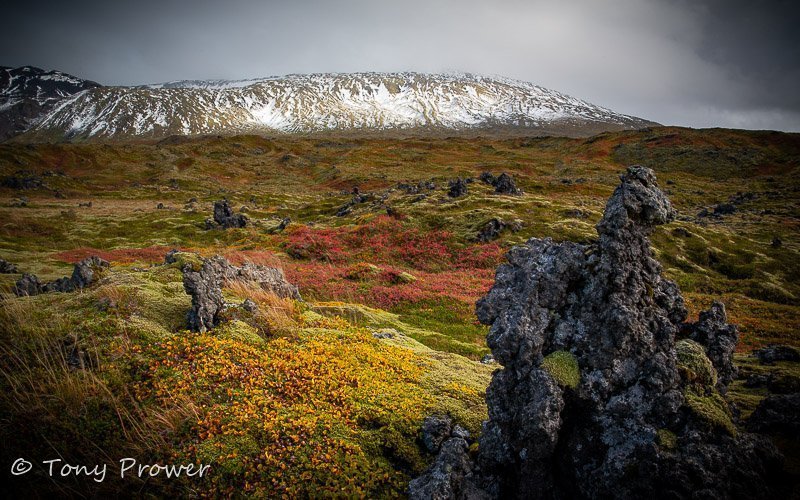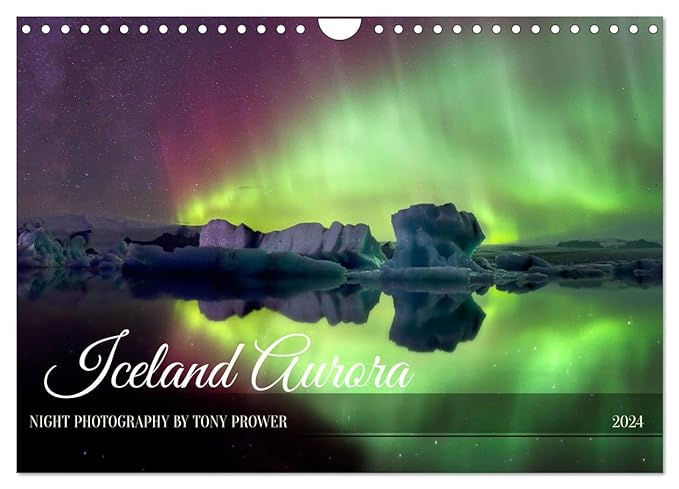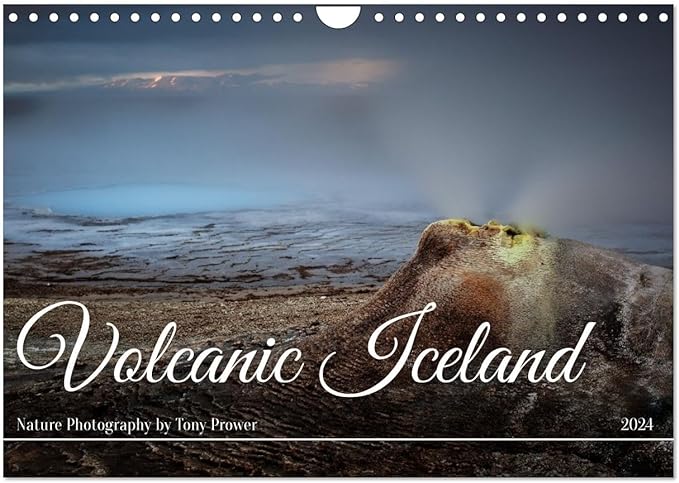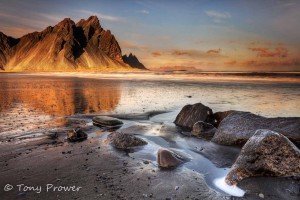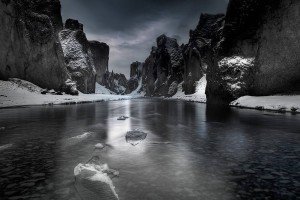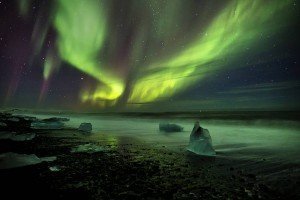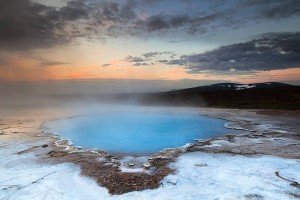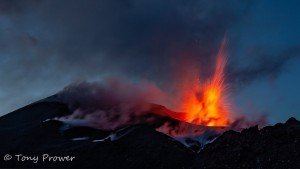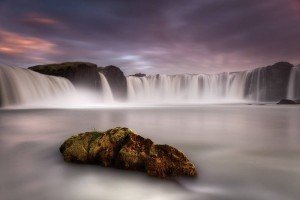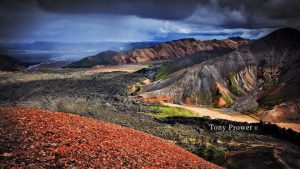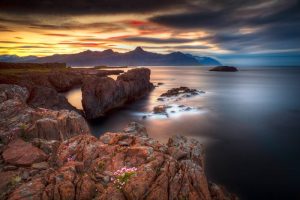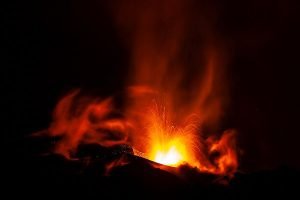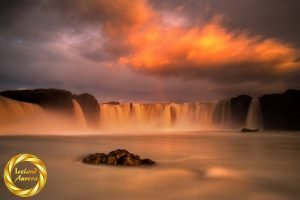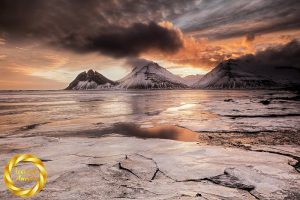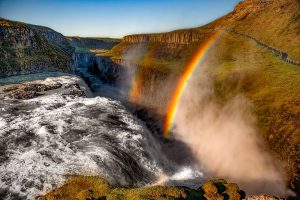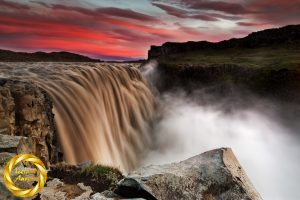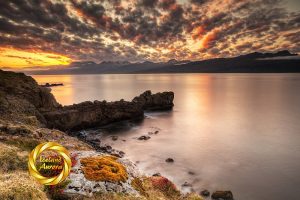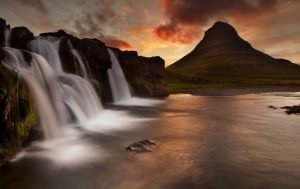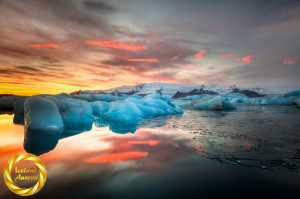There are places in Iceland that make you feel like you are visiting another planet. Iceland’s lava fields are frequent in the landscape in a thick strip through the middle of Iceland, from the North East to the KEF international airport. This strip is the newer part of Iceland and is constantly expanding. Lava fields are a reminder of how volatile Iceland can be.
Geldingardala
The recent (2021) eruption at Fagradalsfjall gave visitors a chance to see the formation of a new lava field. The lava flow threatening the coastal road and some important fiber optics. Currently, geologists are expecting a much larger eruption that seems likely to threaten the town of Grindavik, the Svartsengi power station, and the famous Blue Lagoon resort. Grindavik was recently evacuated after half of the town started to sink when a magma dyke formed under the northern side of the fishing town.
If you are visiting the area, please check the Gas Report so you know where the danger zones are.
Super-Jeep Tours to Thorsmork
Craters and Fissures
Interestingly, the lava is the same material as the black sand on most of Iceland’s beaches. The difference is the way they come out of the volcano. Lava fields come from both small, low-level volcanoes and fissure eruptions. The black sand comes from much larger volcanoes with glaciers on them. Mixing huge chunks of glacier ice and molten lava produces violent eruptions that turn the lava into ash or sand.
No man’s land
As you travel in and out of Reykjavik and the surrounding towns, you might notice that where the city begins, the lava field ends. This shows how close Reykjavik could be to volcanic activity and also how nature is boss, because it is almost impossible to develop a lava field apart from making an elevated road over it. The lava fields are not only difficult to build on, but they are almost impossible to walk across without your clothes and shoes getting ripped. In deep snow, they are even more dangerous because you can sink into a deep hole.
Eldhraun Lava Field
Fire lava field
Eldhraun means ‘Fire Lava Field’ and was named by the Icelanders who actually experienced the catastrophic crater eruption in 1783. Eldraun is Europe’s largest lava field started at Mount Laki to the South West of the Vatnajökull Glacier and quite close to the peaceful village of Kirkjubæjarklaustur
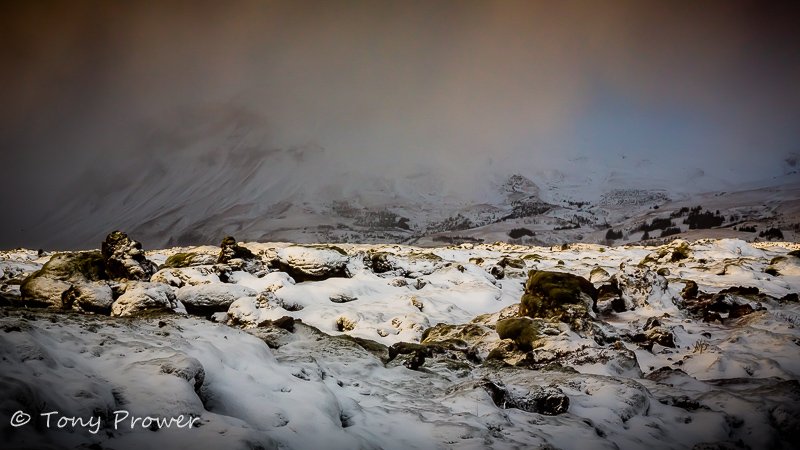
A year without a Summer
The effects of the poisonous gases, ash clouds and crop failures was devastating in Iceland. One in every five Icelanders (20%) lost there lives, leaving every family in the area affected. The following year (1784) was know as ‘The year without a Summer’ in Alaska. Some theories suggest that it caused crop failures in Europe which led to the French Revolution in 1789.
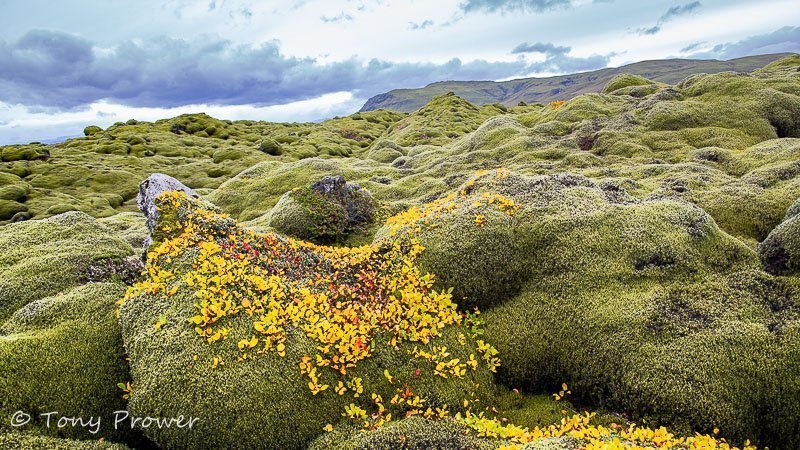
Berserkjahraun Lava Field
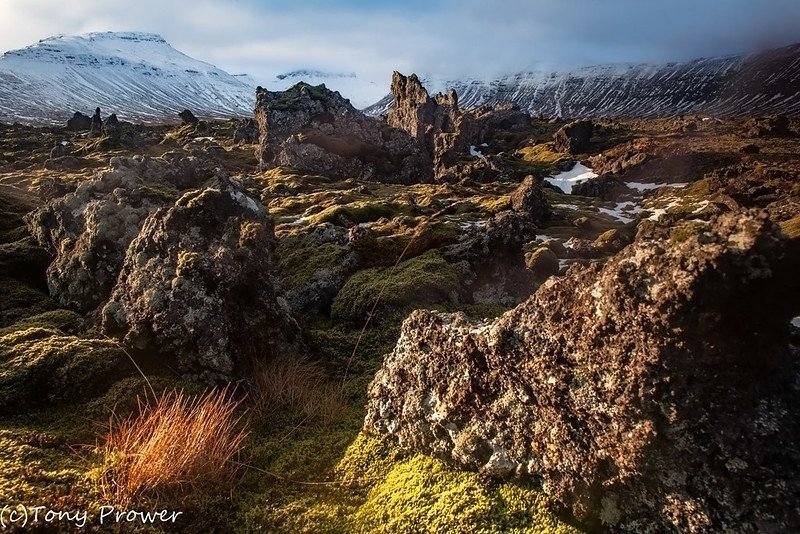
Berserkjahraun is such a wild location that it was named after the notorious Berserka Viking. ‘Berserka’ means ‘Bear Shirt’. These fierce battle Vikings were considered to be possessed by supernatural powers that made them invincible and even fireproof. The shapes of volcanic lava found at Berserkjahraun on the Snæfellsnes Peninsular are so wild and extreme that they were named after these warriors. The fiery flow came from the red craters close to the Northern shoreline.
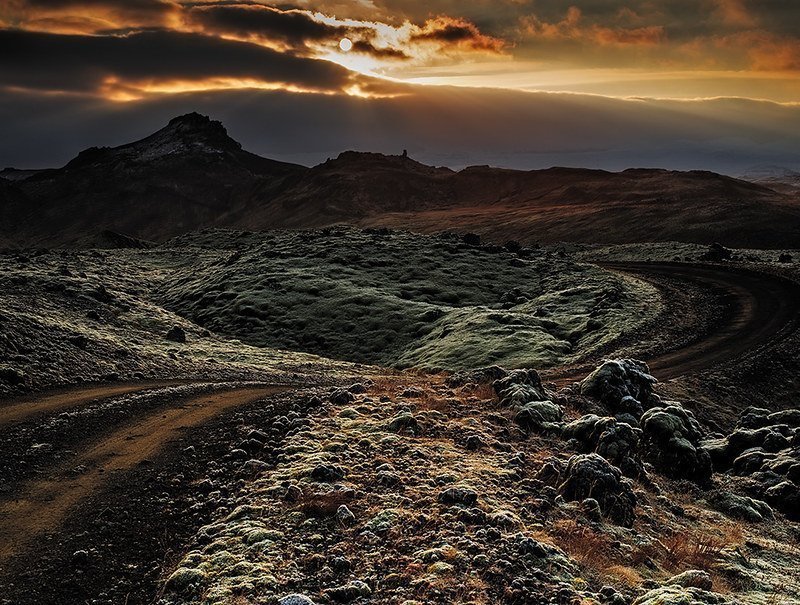
Other locations
Lava Fields can be found at many of Iceland’s top photo locations. Godafoss and Hraunfossa are waterfalls that flow through the lava landscape. The black church at Buðir is right on the door step of Buðahraun flow on the southern shoreline of the Snaefellsness peninsula.
